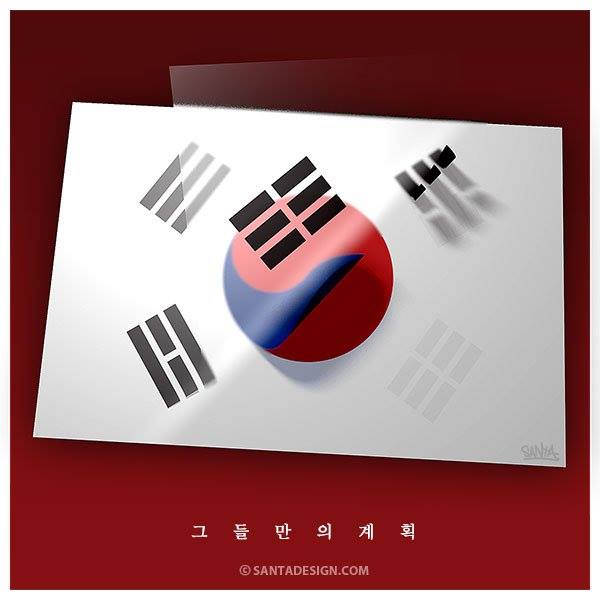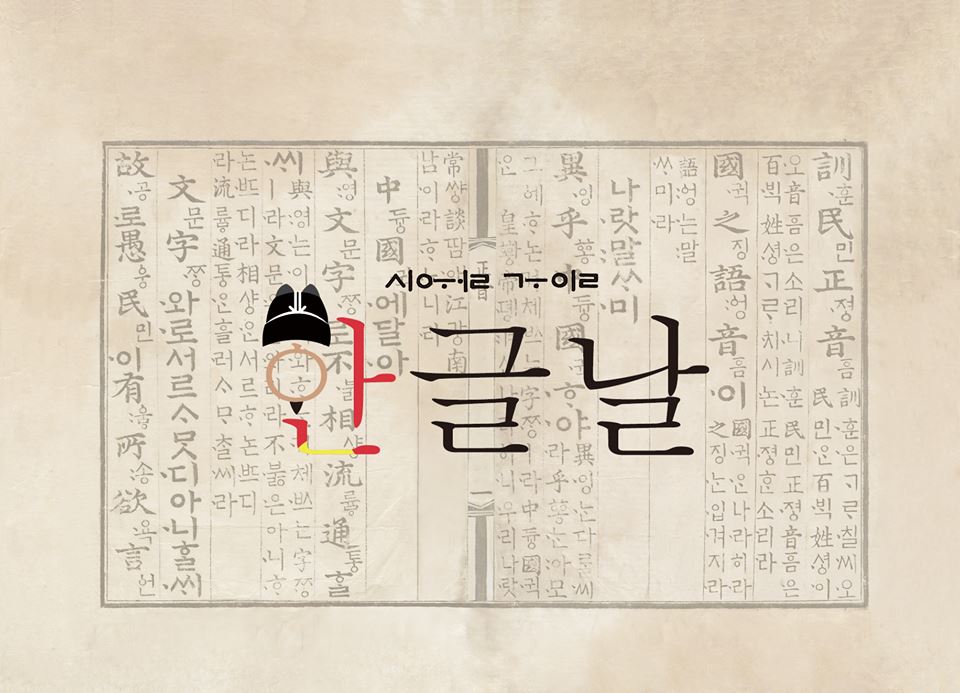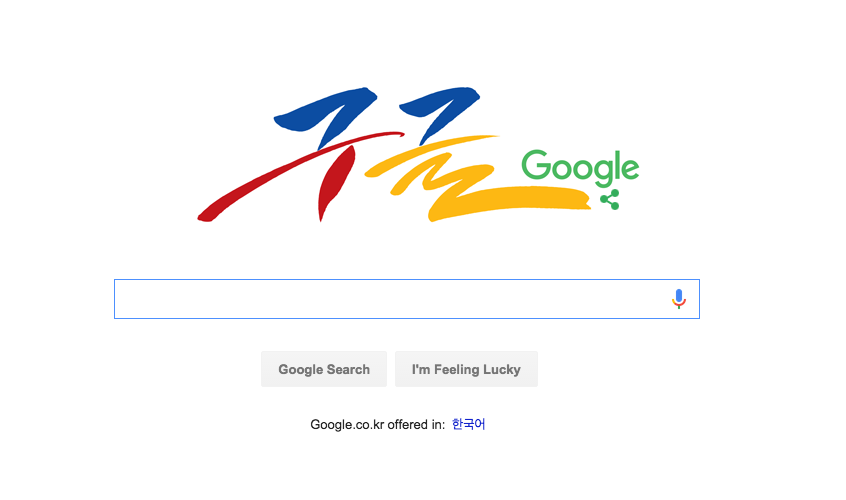It is quite depressing to know that there are a lot of issues going on in Korea regarding to GRSJ issues. To sum up my blog posts, I will introduce or get in slight touch with concurrent GRSJ issues happening in South Korea right now.
Gender:
- Salary: there is difference in income of male and female in South Korea. Male receive slightly higher income than female. From OECD, it showed that Korea has biggest difference among all the countries with 36.60 % in difference.
- For this some males complain that females have a lot of breaks for periods, pregnancy and such but the gap is to great for all the breaks. Moreover, not all the companies are having these kind of breaks but only good ones so it is harder to receive complain from male.
- Roles in family: referring to Andrea’s blog post regarding masculinity. The program mentioned shows difference of male and female roles in household very clearly. Not all the fathers were able to cook for the children. It is because Korean families still believe that female should do housework at the same time as her own work.
- It is inclining to change since male start to help out with household but it is very seldom and sometimes it doesn’t work out as it was planned at first.
- Date payment: for this one, a lot of female believes male earn more so they should pay. It tends to change but still a lot of people are thinking male should pay the fees along with buy them gifts.
Race:
- There are still ongoing race inequality happening in Korea. Younger generation accepted and communicate with them as they are one of them but older generations are not.
- One of the example was recent photos that I saw. Korean old grandpa was swearing and trying to use physical violence toward Turkish who were selling ice cream in front of the building. He was swearing and saying how there are no jobs for younger ones but he is taking one of spots that Korean guys could have taken.
- There is another example where Muslim guy works in local market of Korea and Korean people keep asking him why is ISIS doing such horrible thing. Asking him to stop them as if he was part of it just because he is Muslim.
Sexuality:
- This one is quite hopeful. Recently, there were a lot of videos regarding to seem like gay couples walking down the street and seeing the reaction of citizens. One of the worst response was from Russia. From Korea, WiKiTree (website) did the similar experiment in Seoul’s street.
- https://www.youtube.com/watch?v=SqH9AaFcvUo
- This is the video showing the reactions of the citizens. They were mostly starting or glancing once in a while but there was no saying or violence used upon them. It was quite interesting since I thought Korea was quite conservative but we are getting better.
This is the illustration that I wanted to share before I wrap up. It is from SantaDesign.com and showing how current Korea is changing. From Korean flag, if you take away few things, it become Japanese flag. It shows how current government is not doing right job in ruling and things become like what Japanese government want us to be. On the bottom, it shows in Korean saying “plans of them”. It is quite fascinating and directly touches on how things are going!
There are just so many things to discuss but these are some of the things that I wanted to mention before I wrap up the whole blog post. Thank you for all who’s been reading the blog post. Hope you all enjoyed.
If you have any comments then just leave one~


 to the queen and assassinated her. This is called Eulmi Incident. Currently, Japanese government is denying the fact that assassinated the queen (even with the eye witnesses) and trying to refuse to apologize.
to the queen and assassinated her. This is called Eulmi Incident. Currently, Japanese government is denying the fact that assassinated the queen (even with the eye witnesses) and trying to refuse to apologize.


